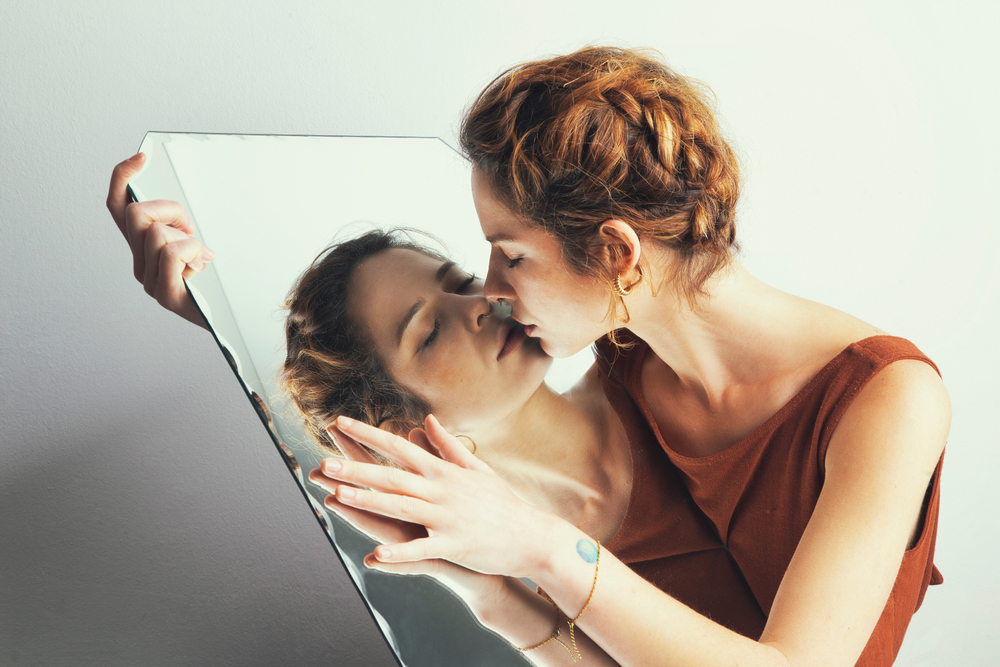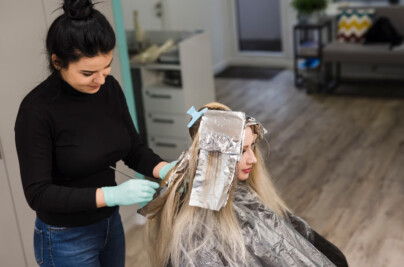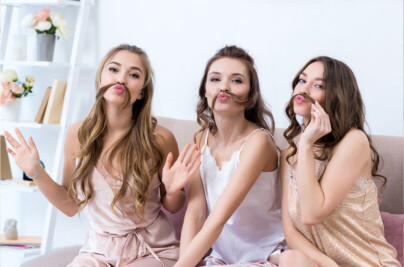How Your Hairstyle and Color Affect Your Mood, Confidence, and Self-Perception
Our hair is not just a physical feature; it’s an integral part of our identity, self-expression, and even our psychology. The way we style and color our hair can subconsciously influence our mood, confidence, and self-perception in ways we may not even realize. In this blog post, we’ll delve into the fascinating world of hair psychology and explore how our hairstyles and hair colors can shape our lives.
The Power of a Good Hair Day:
There’s a reason why we often associate a “good hair day” with feeling happy and confident. When our hair looks and feels its best, it can boost our self-esteem and make us feel more attractive. This is because our hair is often seen as a reflection of our overall appearance and self-care. A well-kept hairstyle can signal to ourselves and others that we are taking care of ourselves and that we value our appearance.
The Impact of Hairstyle on Mood:
The style we choose can also have a significant impact on our mood. For example, a messy bun may make us feel casual and relaxed, while a sleek ponytail can make us feel more powerful and professional. Studies have shown that certain hairstyles can even trigger the release of hormones that affect our emotions. For instance, wearing a hairstyle that makes us feel confident can boost our levels of serotonin, a mood-boosting neurotransmitter.
The Role of Hair in Self-Perception:
Our hair can also play a role in our self-perception, especially for people who have experienced hair loss or other hair-related issues. For example, someone with thinning hair may feel self-conscious about their appearance, while someone with a history of scalp conditions may feel embarrassed or ashamed. These feelings can lead to social anxiety and a negative self-image.
The Cultural Significance of Hair:
Hair holds significant cultural and social meaning in many societies. In some cultures, it is a symbol of beauty and femininity, while in others, it represents strength and power. Hairstyles can also be used to convey religious beliefs, social status, and group affiliation. For instance, dreadlocks are often associated with Rastafarianism, while certain hairstyles may be considered taboo in some cultures.
The Psychology of Hair Color:
Hair color is more than just a cosmetic choice; it’s a powerful tool for self-expression and a reflection of our personality and mood. The color we choose for our hair can influence how we perceive ourselves and how others perceive us. It can also affect our mood, confidence, and even our behavior.
Symbolism of Hair Color:
Throughout history, hair color has been associated with a variety of symbolic meanings. For example, blonde hair has often been associated with beauty, innocence, and purity, while dark hair has been associated with mystery, power, and sophistication. Red hair has often been linked to passion, fire, and sensuality. These symbolic associations can influence how we perceive people with different hair colors, and they can even affect our own self-perception if we have a particular hair color.
Hair Color and Mood:
Studies have shown that hair color can have a significant impact on our mood. For instance, one study found that people who dyed their hair blonde reported feeling happier and more confident, while those who dyed their hair darker reported feeling more mysterious and powerful. Another study found that people with blonde hair were perceived as being more outgoing and friendly, while people with dark hair were perceived as being more intelligent and trustworthy.
Hair Color and Identity:
Our hair color can also play a role in our sense of identity. For some people, their hair color is an integral part of who they are, and changing it can feel like a significant change to their identity. This is especially true for people who have a hair color that is associated with their culture or ethnicity. For example, a person with naturally red hair may feel a strong sense of identity as a redhead, and dyeing their hair a different color may feel like a betrayal of their heritage.
Choosing Your Hair with Confidence:
When choosing a hairstyle or hair color, it’s important to consider your own personal preferences, as well as the symbolic meanings and psychological effects of different styles and colors. If you’re not sure what’s right for you, consult with a hairstylist or hair colorist who can help you find a style and color that complements your skin tone, eye color, and personality.




